Sri Lankan Airlines 2025: Are We Navigating Turbulence or Opportunities, What Studies Show?
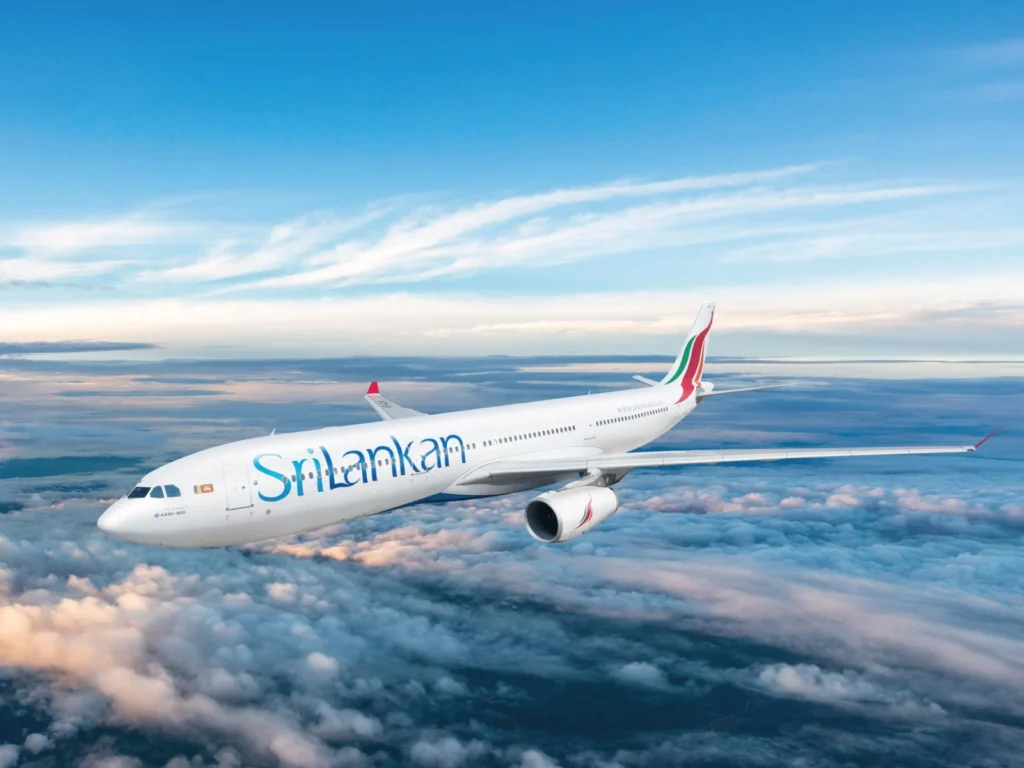
Sri Lankan Airlines the national carrier of Sri Lanka stands at a critical juncture. Amid global aviation recovery and a challenging domestic economic environment, the airline is facing structural headwinds and opportunities alike. This article, examines where Sri Lankan currently stands, key financial and operational metrics, strategic imperatives, and what this means for Sri Lanka’s […]
Sri Lanka’s Economic Crossroads: Resetting the Trajectory
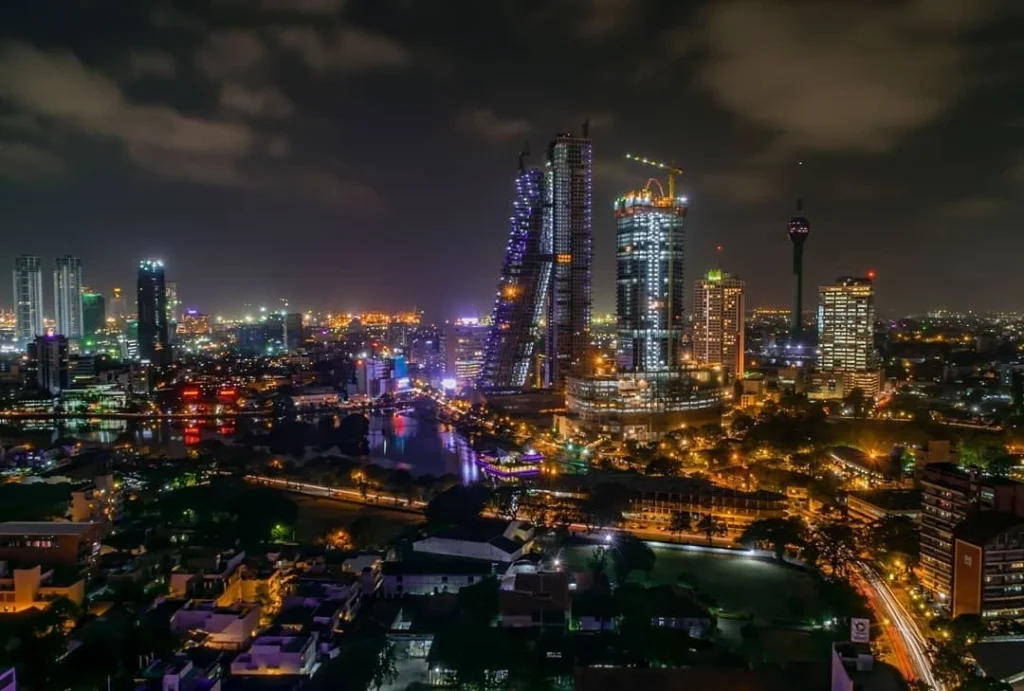
After one of the deepest economic crises in its post-independence history, Sri Lanka is now entering a fragile phase of recovery. Inflation has cooled, foreign reserves have stabilised, and GDP growth has returned to positive territory. But beneath the surface, structural vulnerabilities remain. The question is no longer whether the country has survived the worst […]
Aswesuma Welfare: Why Sri Lanka Must Rethink Its Welfare Culture?
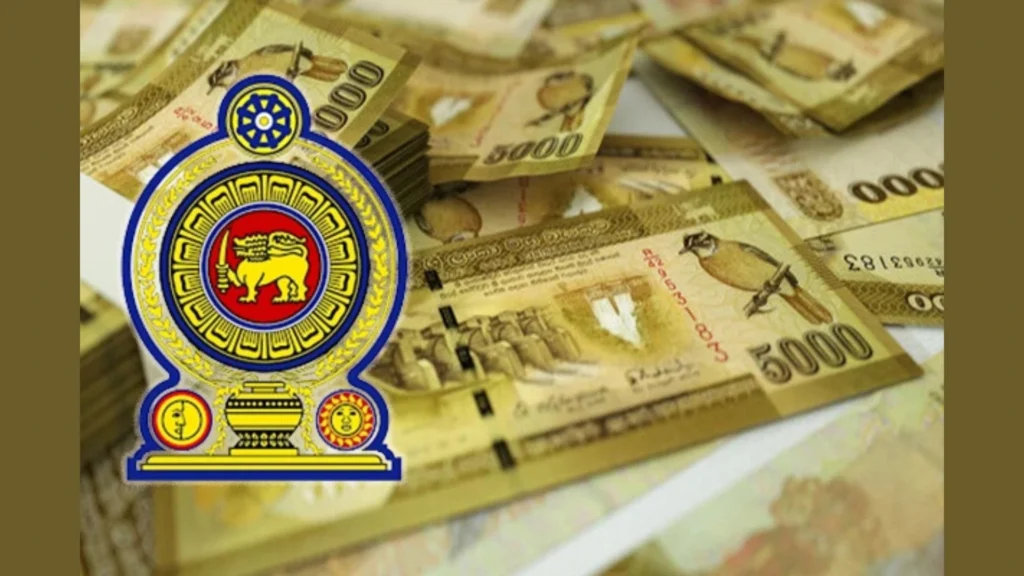
Aswesuma Welfare | According to data from the Department of Census and Statistics in 2024, Sri Lanka has approximately 5.2 million families. Yet, an astonishing 4.3 million have applied for Aswesuma welfare benefits, a figure that suggests more than mere economic hardship. As analyst Upali Pannala observed, the problem lies not only in poverty but […]
Port City Colombo Now: Rules Tightened, Utilities Live, Proof Point is Speed

Port City Colombo is closer to “investment-ready” than at any time since 2021. The rulebook has been clarified, phase-one utilities are complete, and Cabinet has green-lit amendments to sharpen the regime. The next question is simple: can the zone deliver fast, predictable approvals and real operating tenants over the next 12 months? Governance: same backbone, […]
Sri Lanka’s Road Safety: A Clearer Picture Through Data
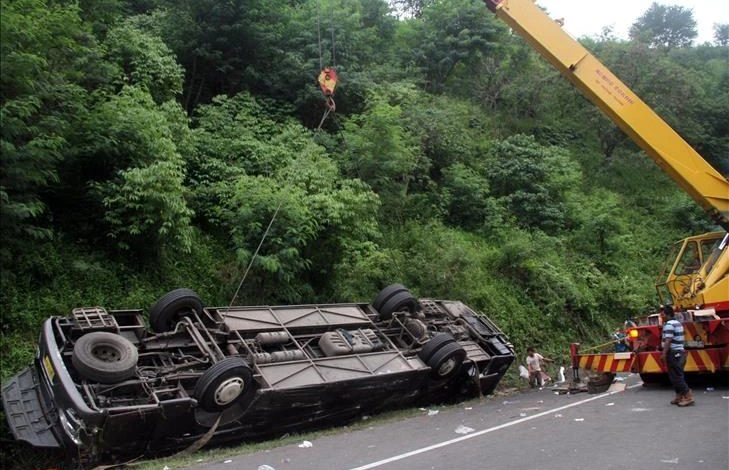
Sri Lanka’s Road Safety | Understanding how, when, and why crashes happen is key to reducing fatalities and serious injuries. This article uses a demonstration dataset for Jan 2024 – Sep 2025 to show how regular crash reporting can drive faster, smarter interventions. Monthly Crash Trends Crashes hover around 2,200–2,600 per month. This pattern reflects […]
Sri Lanka’s Debt Path After Restructuring: Why Stock Relief Is Not Enough
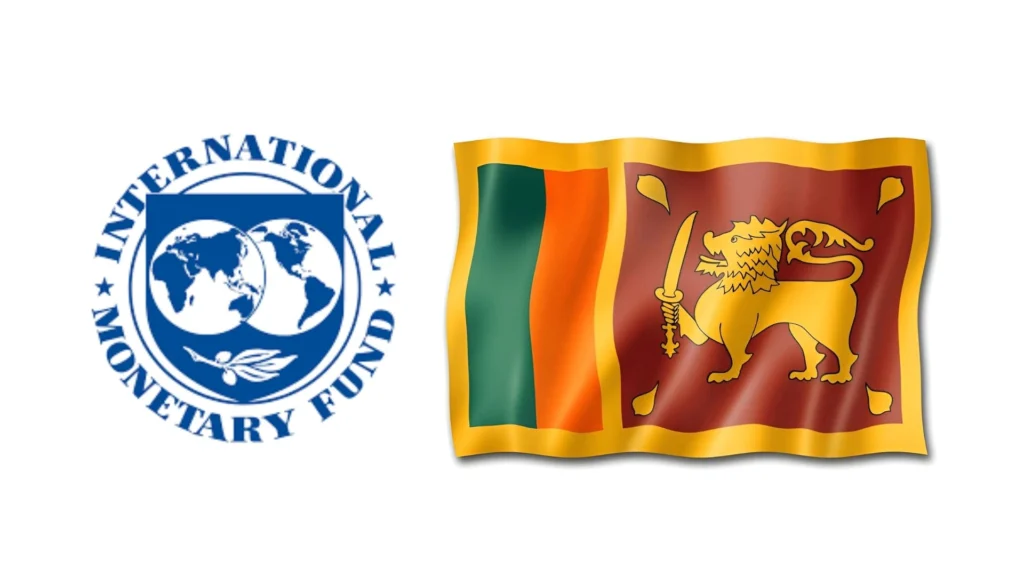
Sri Lanka has crossed the hardest miles of debt restructuring. Eurobonds were exchanged in December 2024. Bilateral deals have advanced with Japan, India, and others. According to IMF Mission Chief Evan Papageorgiou, only about US$500 million of the US$28 billion “under the perimeter” remains to be finalised. That is real progress. It is not, by […]
Sri Lanka’s Fertiliser Subsidy: What It Solves, What It Breaks, and How to Fix It
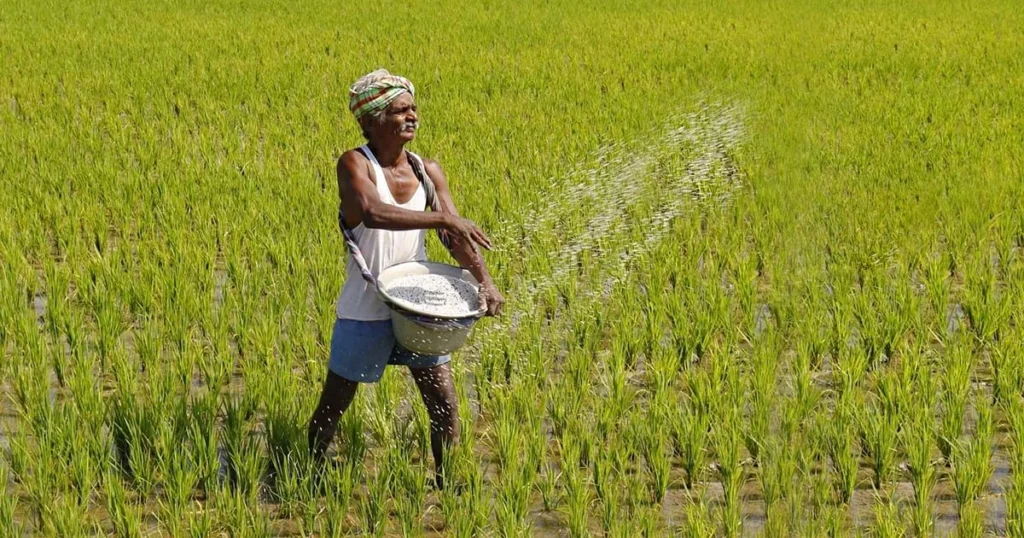
Why this matters Fertiliser policy shapes food prices, farmer incomes, the budget, and the environment. Sri Lanka has swung from heavy input subsidies to the 2021 ban on chemical fertiliser and back to subsidised supply and cash-type vouchers. Getting this right is central to stable rice prices and rural incomes, but also to fiscal consolidation […]
Targeting Social Protection: Cut leakage, cut exclusion, protect the vulnerable
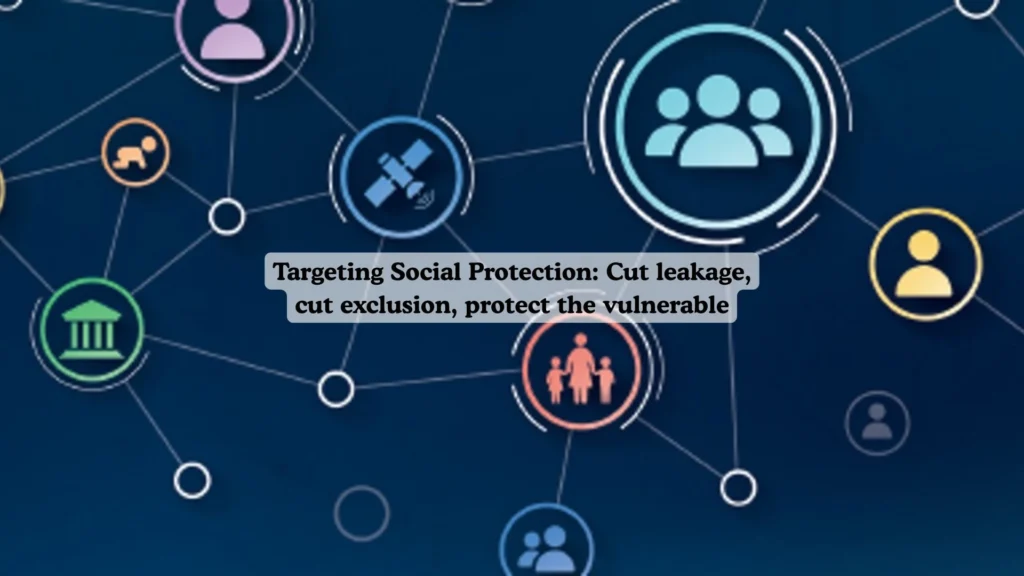
Sri Lanka cannot afford waste in social protection. Transfers must reach poor and near-poor households on time, with minimal leakage to the non-poor and minimal exclusion of eligible families. The goal is simple: pay the right people, quickly and predictably, while preserving dignity and privacy. The problem, stated plainly Two errors dominate weak systems. Leakage: […]
International Day for Universal Access to Information: Why Sri Lanka Must Lead on Environmental Transparency
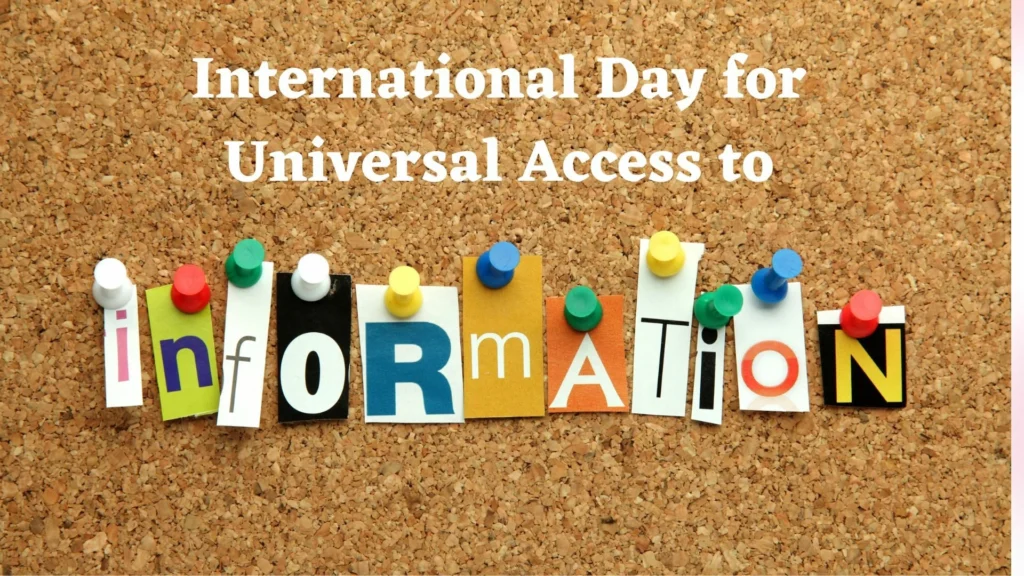
Universal access to information is not symbolic. It is the operational backbone of accountability, climate resilience, and investment certainty. A new global statement issued in Manila on 29–30 September 2025 places environmental information at the centre of the right to know. It urges governments to proactively publish data, strengthen oversight, and remove barriers to timely […]
Essential medicines in Sri Lanka: where the chain breaks today
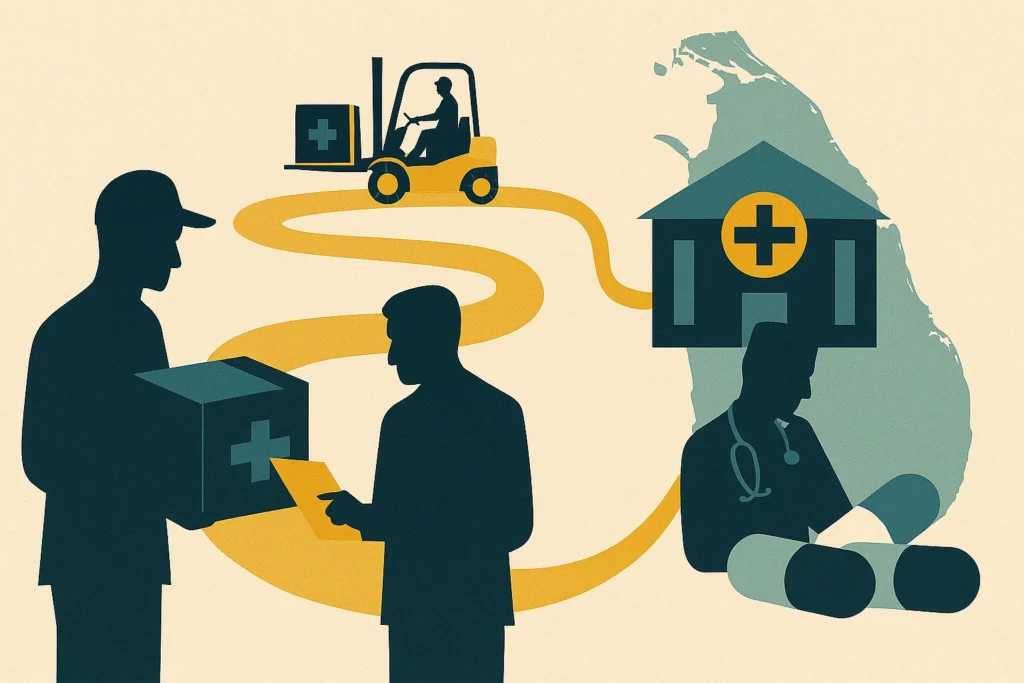
Sri Lanka still runs a fragile medicine supply chain. Imports account for most items, so any policy, forex, or logistics shock turns into stock-outs at the ward. The crisis of 2022 exposed systemic weaknesses. Many remain. The following map shows the binding constraints today and the quickest levers to relieve them. 1) Planning and demand […]
